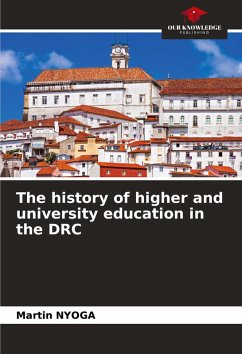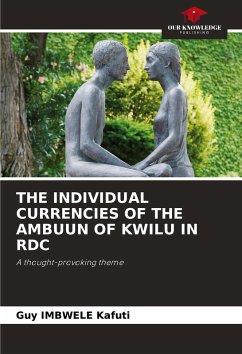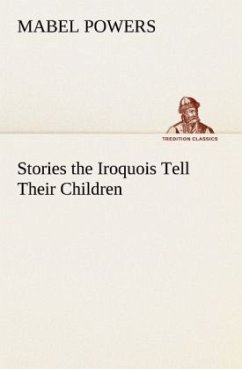
I tell you about the history of the DRC economy
Know it well and master it
Versandkostenfrei!
Versandfertig in 6-10 Tagen
40,99 €
inkl. MwSt.

PAYBACK Punkte
20 °P sammeln!
From the beginning, the Congo was destined to practice free trade. In fact, although it was never closed to foreign trade, it was quickly transformed into an economy of gathering under a monopoly regime (1885-1908), organized around the products of the slave trade (rubber, ivory, etc.), before later "progressing" to an economy of exploitation proper (1908-1960), based on the mining industry (copper, diamonds, cobalt, uranium, etc.) and export agriculture (cotton, oilseeds, etc.). The entanglement between the state and capital was, during these two periods, one of the characteristic features of...
From the beginning, the Congo was destined to practice free trade. In fact, although it was never closed to foreign trade, it was quickly transformed into an economy of gathering under a monopoly regime (1885-1908), organized around the products of the slave trade (rubber, ivory, etc.), before later "progressing" to an economy of exploitation proper (1908-1960), based on the mining industry (copper, diamonds, cobalt, uranium, etc.) and export agriculture (cotton, oilseeds, etc.). The entanglement between the state and capital was, during these two periods, one of the characteristic features of the Congolese economy. The ultimate aim of this arrangement was to divide the Congo into reserved economic areas and to ensure the preponderance of Belgian capital.












